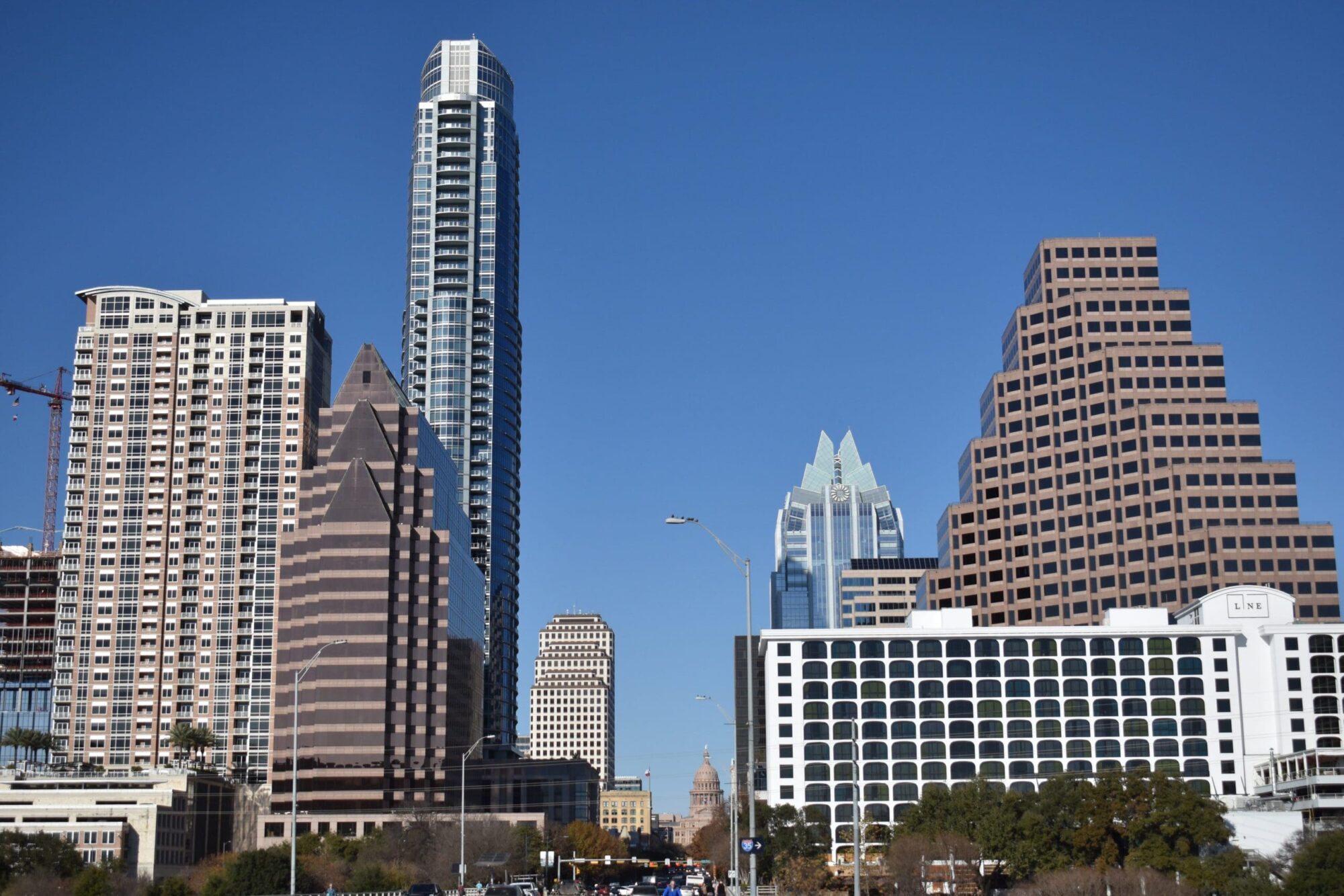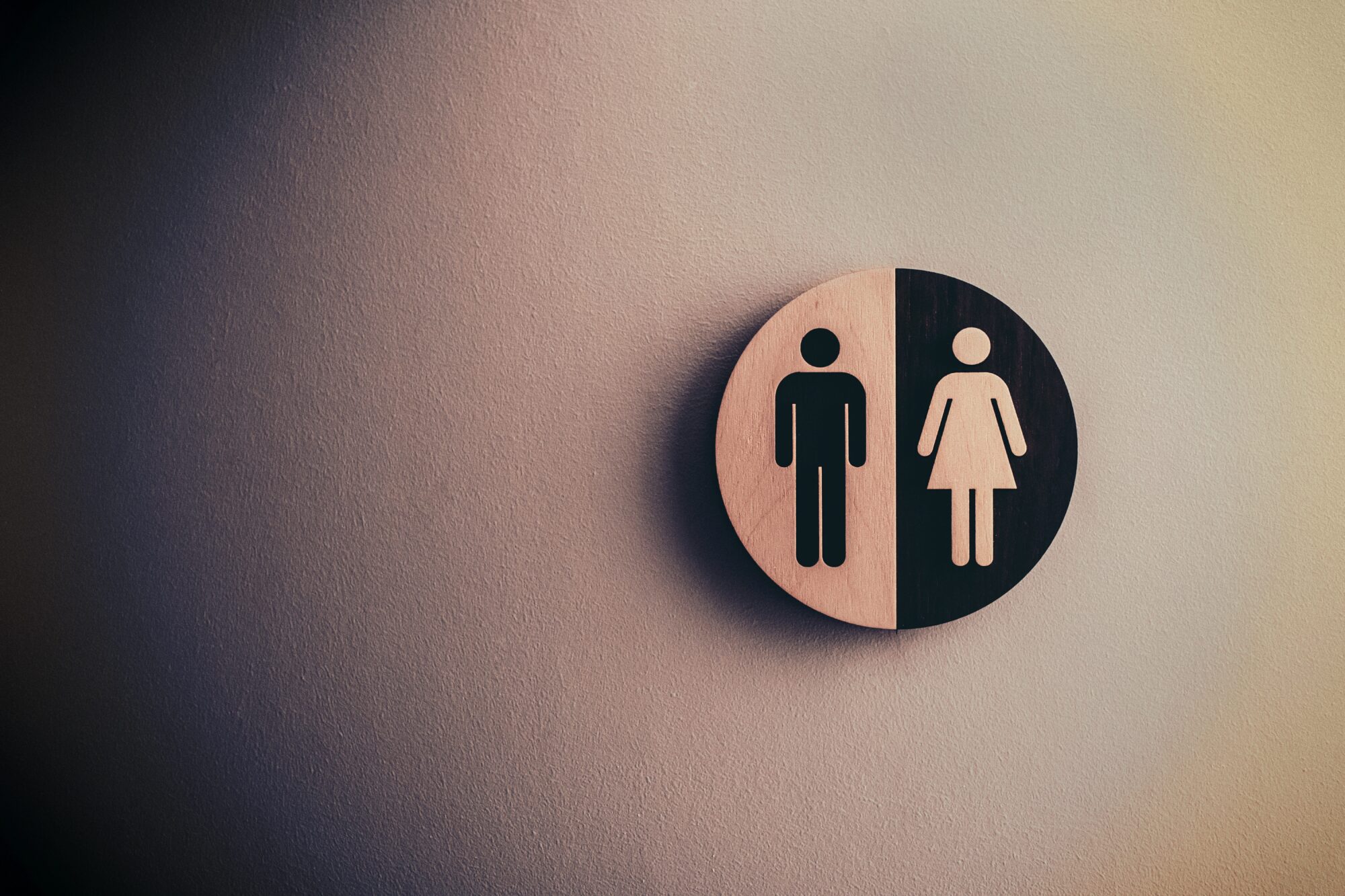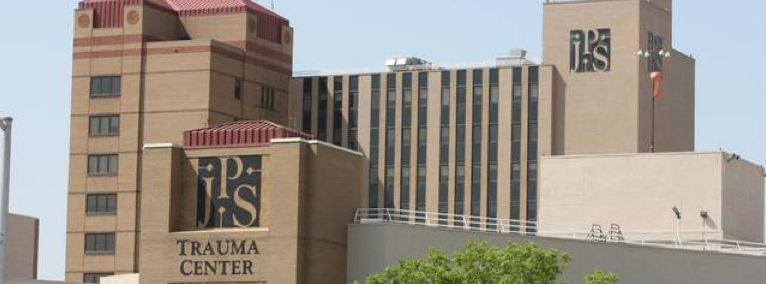Despite overwhelming opposition from residents, the City of Plano passed a controversial “non-discrimination” ordinance in a 5-3 vote. Prior to the decision, state officials—including Attorney General-elect, Ken Paxton, and eight others from the Plano-area— petitioned the council to postpone the vote and actively seek public input.
Legal experts maintain the ordinance could negatively impact nearly every resident of the community. According to a press release by Texas Values, “…the law applies to all business owners in Plano and any business that contracts with the City for services or use of City facilities.”
The letter penned by Plano-area officials cites nine specific concerns. Perhaps the most obvious, the ordinance would empower city bureaucrats to compel citizens and business owners inside the city’s jurisdiction to violate their religious beliefs, or face financial penalties and harassment.
A letter sent to the council by the Liberty Institute, a legal defense group that defends religious freedom, explains:
“[t]he Proposed Ordinance is vaguely worded and compels private businesses and employees to violate their sincerely-held religious beliefs, in contravention of federal and state laws protecting persons of faith. In effect, the Proposed Ordinance makes it a crime to do business in the City of Plano while maintaining Christian, Jewish, Muslim, or other traditional religious views of marriage, sexuality, and gender identity.”
The new law also seeks to give special protection for “gender identity” purposes, an ambiguous term not found anywhere in state law.
But the right to religious freedom from governmental persecution is not the only causality. Like most big-government policies, there are also unintended consequences. Those most vulnerable in the community are likely to suffer, as the charitable organizations they rely upon could become potential targets for city bureaucrats seeking to aggressively enforce compliance.
“As drafted, the Proposed Ordinance prohibits persons with traditional religious views from participating in City programs that feed the hungry, shelter the homeless, protect the battered, or otherwise working within the City’s myriad charitable programs. It is manifestly bad for the City to prevent religious persons from working with the City of Plano to help hungry, homeless, battered, and needy neighbors, or to criminalize businesses and business owners who operate according to their religious beliefs.”
During the meeting, city officials supporting the law were notably indignant towards officials and residents who questioned the measure’s dubious constitutionality, among other concerns.
The Liberty Institute plans to sue over the ordinance.




